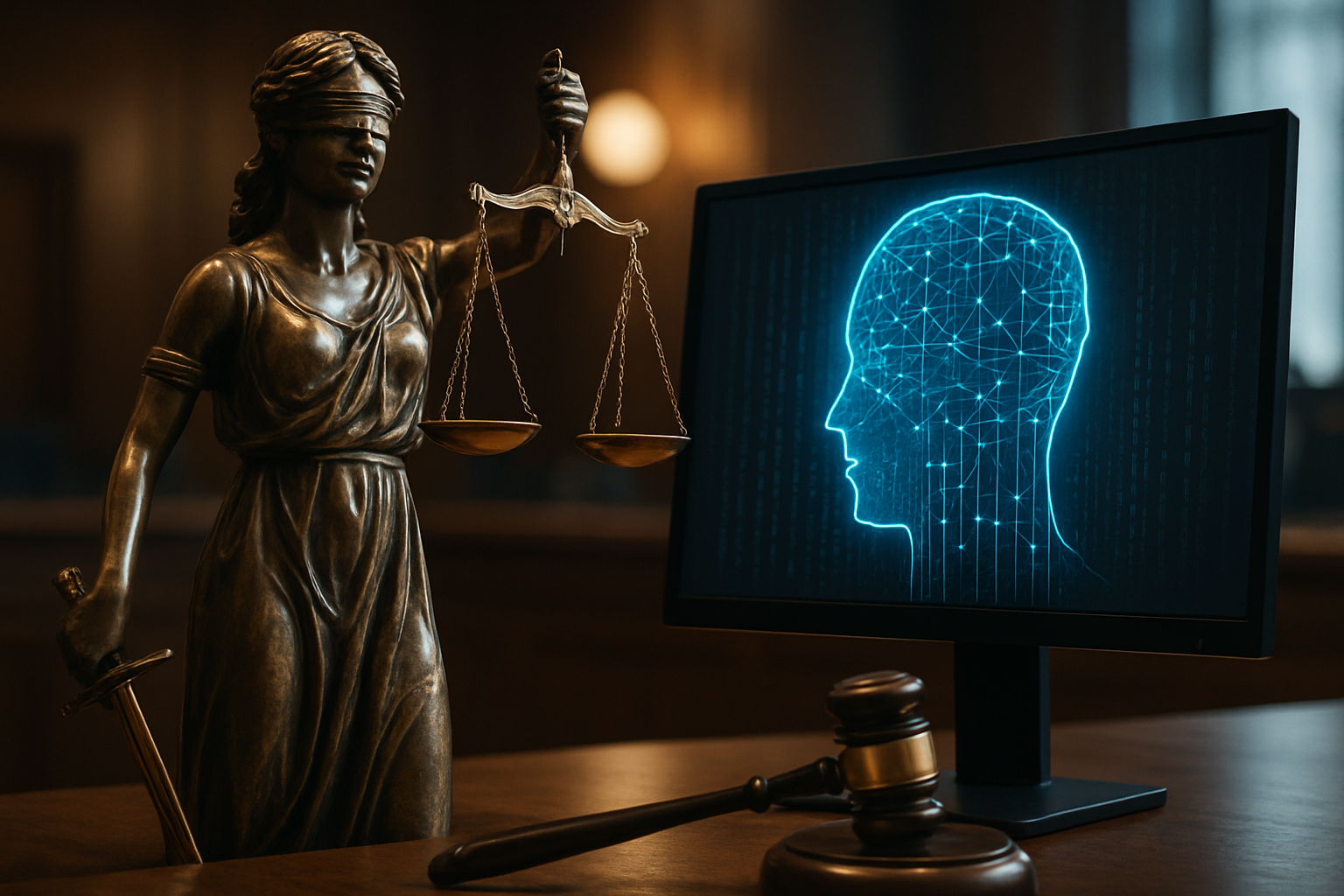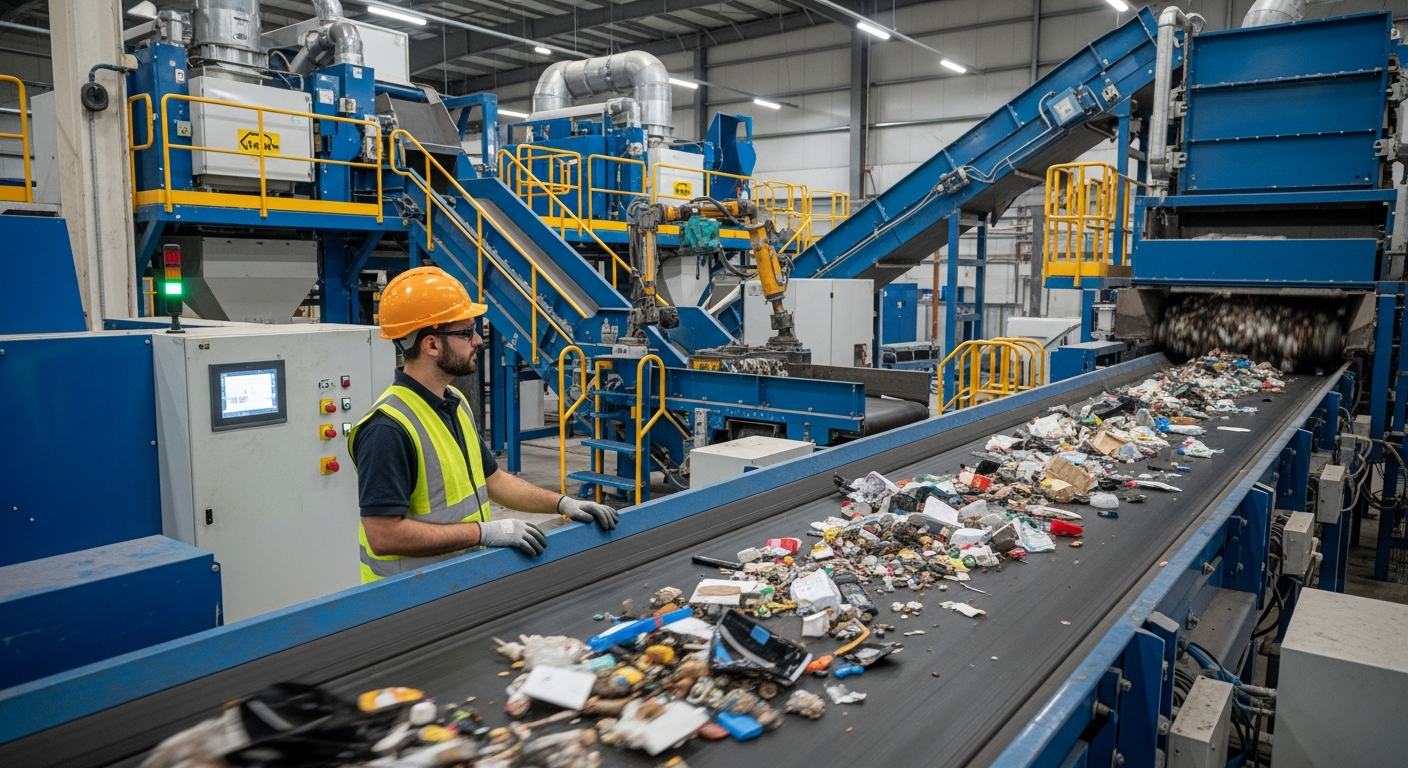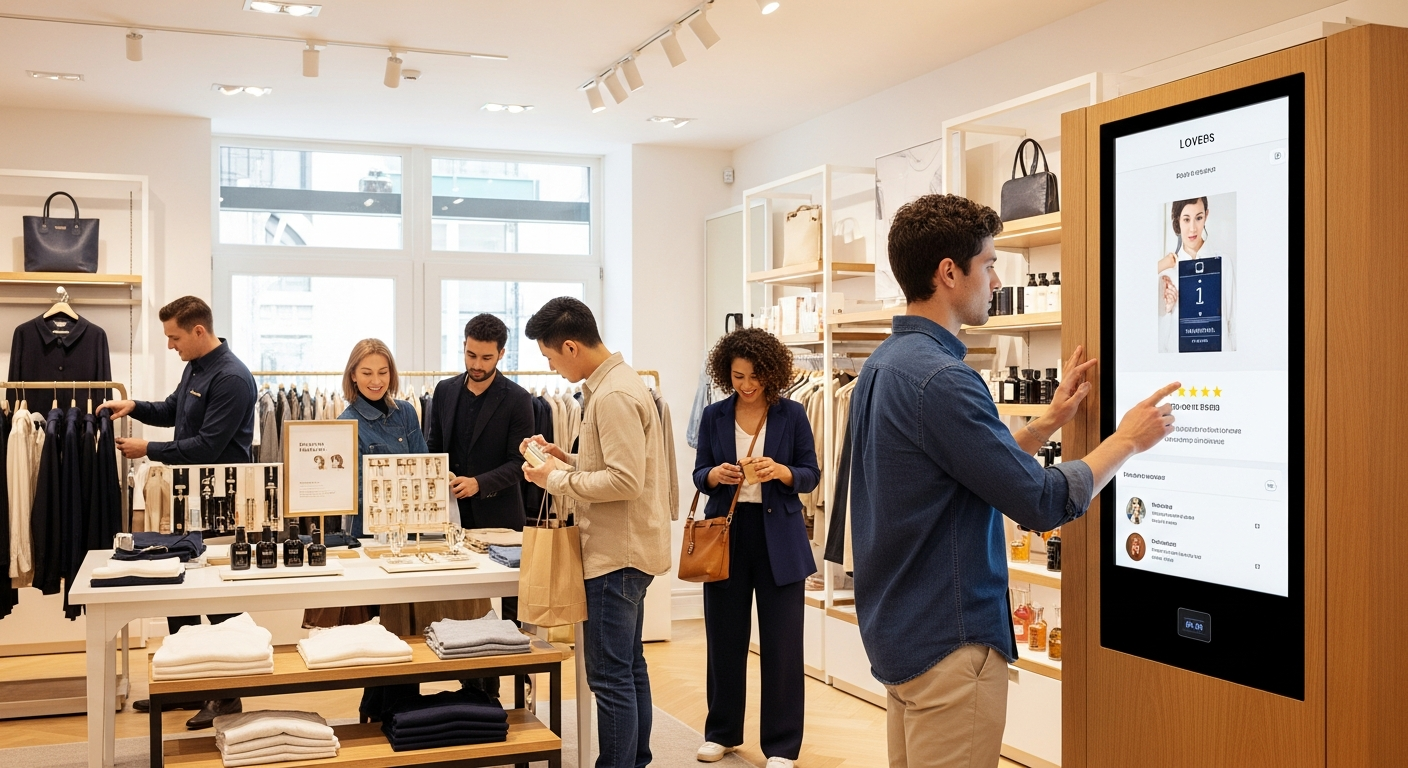Title: Rethinking Jury Selection in the Digital Age
In an era where social media profiles and digital footprints offer unprecedented insights into potential jurors' lives, the traditional process of jury selection faces new challenges and opportunities. As courts grapple with adapting age-old practices to modern realities, legal professionals and policymakers are reassessing the delicate balance between fair trials and juror privacy. This article explores the evolving landscape of jury selection in the digital age, examining its implications for justice and democracy.

The Digital Revolution’s Impact on Jury Selection
The advent of social media and online databases has revolutionized the jury selection process. Attorneys now have access to vast amounts of information about potential jurors, from political affiliations to personal opinions on various issues. This wealth of data has led to more targeted and efficient jury selection strategies, but it also raises concerns about privacy invasion and the potential for manipulation of jury pools.
Legal and Ethical Considerations
As digital jury selection techniques become more sophisticated, courts are grappling with new legal and ethical questions. Some jurisdictions have begun to impose restrictions on social media investigations of jurors, while others have embraced these methods as a means of ensuring more impartial juries. The debate centers on whether extensive online vetting of jurors enhances or undermines the fairness of trials.
Algorithmic Jury Selection: A New Frontier
Recent developments in artificial intelligence and data analytics have given rise to algorithmic jury selection tools. These systems promise to streamline the selection process and reduce human bias. However, they also introduce new concerns about transparency and the potential for reinforcing systemic inequalities. Courts and legislators are now tasked with determining the appropriate role of AI in jury selection.
Balancing Juror Privacy and Trial Fairness
One of the most pressing challenges in modern jury selection is striking a balance between juror privacy and the need for comprehensive vetting. As more personal information becomes accessible online, potential jurors may be deterred from civic participation due to privacy concerns. This tension has prompted discussions about implementing stricter guidelines for digital investigations and increasing protections for juror personal information.
The Future of Jury Selection
As technology continues to evolve, so too will the methods of jury selection. Legal experts predict a shift towards more data-driven approaches, potentially including real-time analysis of juror responses and behavior during voir dire. However, these advancements must be carefully regulated to preserve the integrity of the jury system and protect individual rights.
Implications for Democracy and Civic Participation
The changing landscape of jury selection has broader implications for democratic participation. As the process becomes more technologically sophisticated, there is a risk of alienating certain segments of the population and eroding public trust in the justice system. Efforts to modernize jury selection must therefore be balanced with initiatives to promote civic engagement and ensure diverse representation in jury pools.
In conclusion, the digital age has ushered in a new era for jury selection, presenting both opportunities and challenges for the legal system. As courts and lawmakers navigate this complex terrain, they must strive to harness the benefits of technology while safeguarding the fundamental principles of justice and fairness. The ongoing evolution of jury selection practices will play a crucial role in shaping the future of the judicial process and, by extension, the democratic foundations of society.






